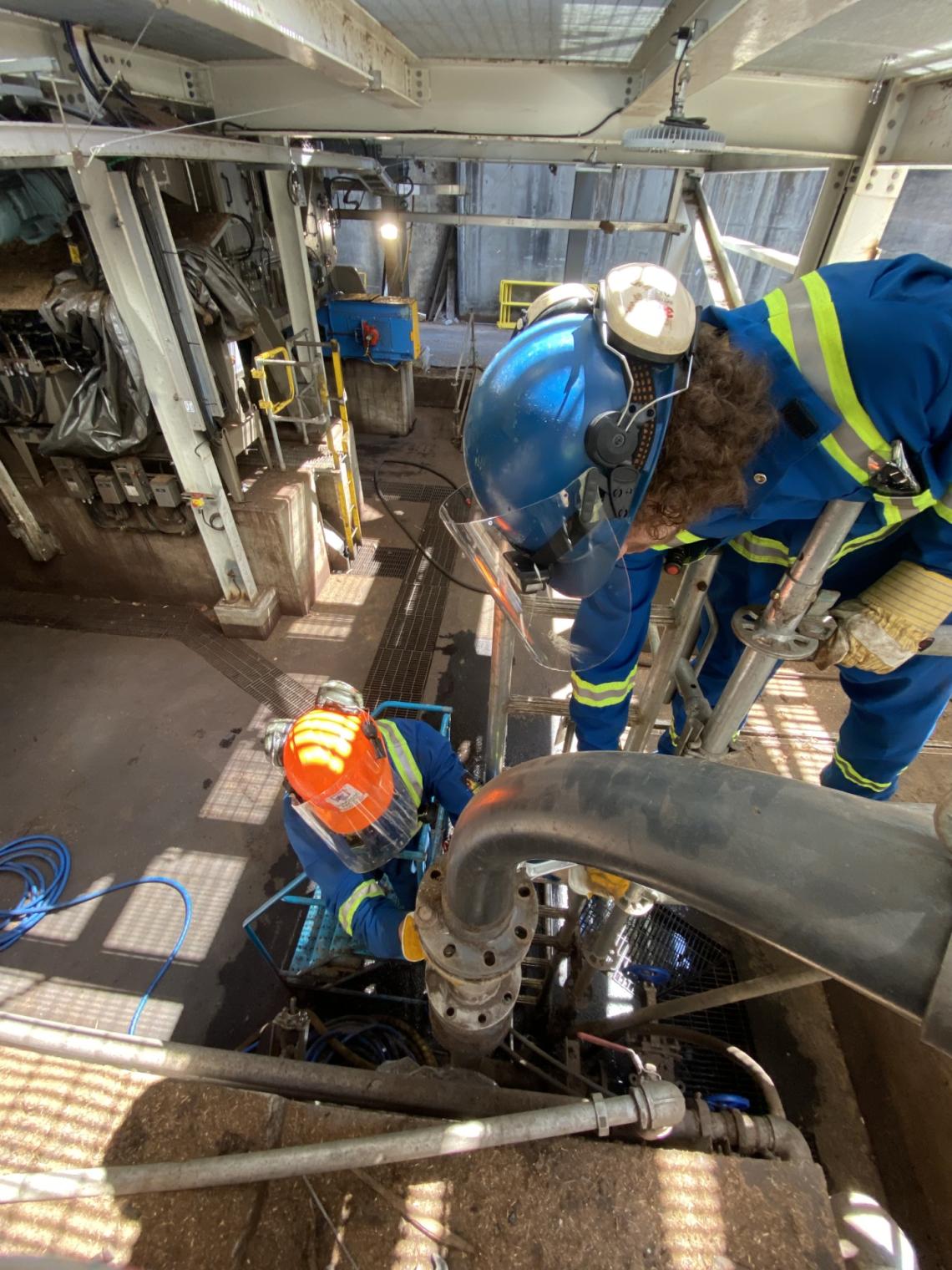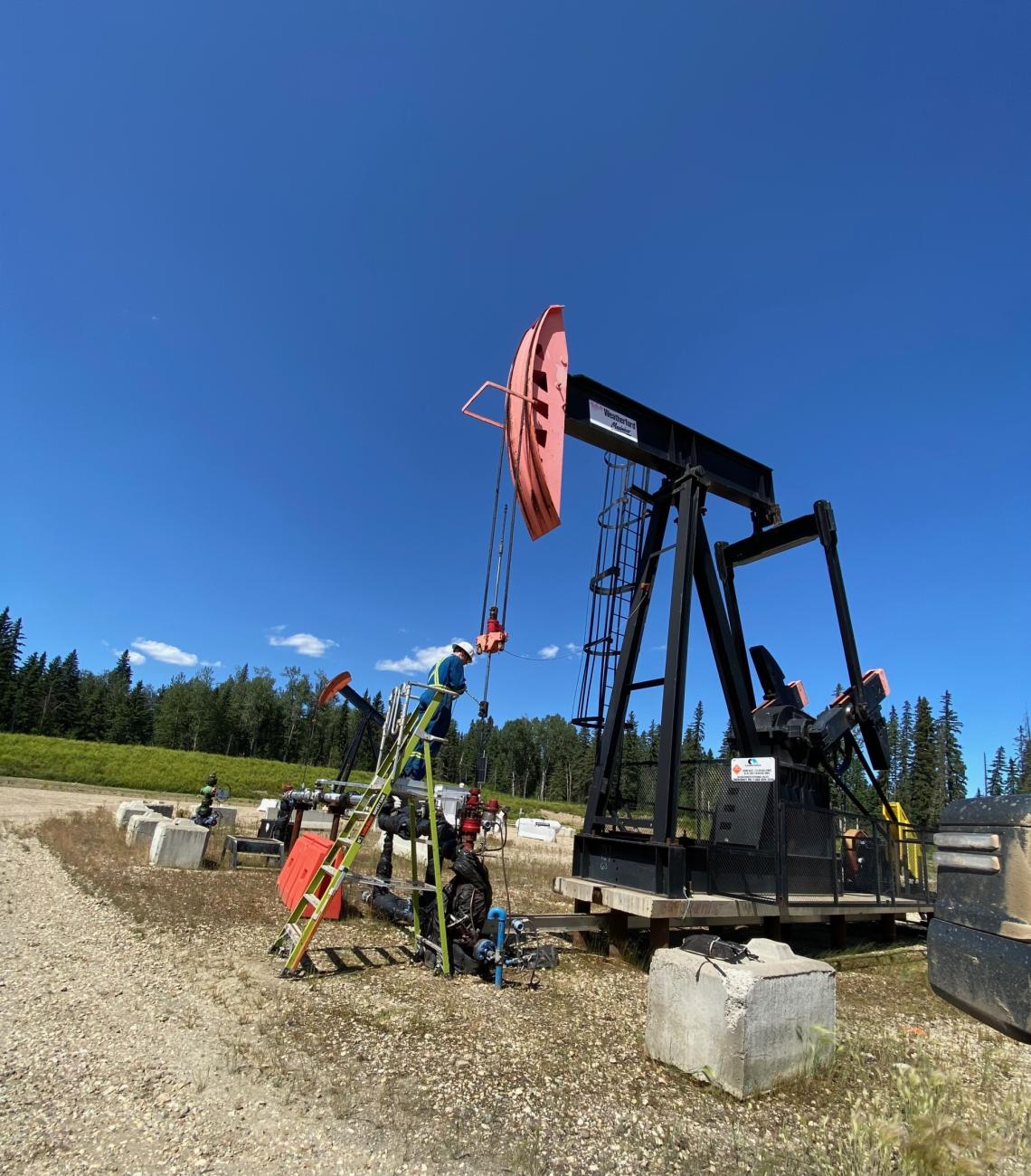VIU’s next program intake is this fall
Are you an analytical thinker looking for a new challenge in your career? Power engineers support critical industries like health care and education. And with BC forecasting more than 2,500 job openings in the industry over the next decade, now’s the time to get the training needed to fulfill these positions
“There is certainly a demand for this profession,” says Paul Mottershead, Associate Dean of Trades and Applied Technology at VIU.
Power engineers work in a wide variety of settings, including hospitals, food processing plants, mines, refrigeration plants, oil and gas operations, sawmills, educational institutions, water treatment plants and public and commercial buildings.
And at VIU, the 4th Class Power Engineering Certificate program prepares students for employment as power engineers in this dynamic field of work.
“If you’re looking for a career with endless variety, this is the path for you,” says Drake Le Couteur, who graduated from the program this past November.
Since graduating, Drake has worked a few different positions, including a pulp mill and an oil and gas processing facility.
“You’d be amazed at how after this course, your unique skill set will set you up for high-paying success in the job market,” he says. Power engineers in BC earn an average salary of almost $94K a year, according to the province.
VIU’s 32-week full-time program includes theory and extensive training in an industry workplace practicum.
“The class sizes are small, which allows for a very good learning environment,” says Paul.
Students also learn how energy systems operate and how sustainable energy systems can mitigate climate change.
Graduates of the program can take the Technical Safety BC standardized exams for an Interprovincial 4thClass Power Engineer’s Certificate of Competency.
“Not only is this a great standalone certification, it also pairs well with any industrial Red Seal trade, which makes you extremely employable,” says Drake. “And power engineering positions are federally and provincially regulated, which gives you good piece of mind once you land a position.”
Drake also enjoys the work-life balance his line of work offers.
“Most jobs only work half the year at full-year compensation, so if you like to travel, it’s a safe bet to go ahead and book that flight,” he says.
VIU’s next Power Engineering program intake is on October 14.


Photos: Drake Le Couteur
Related Posts
Got an article idea for the blog? Email students@viu.ca.



